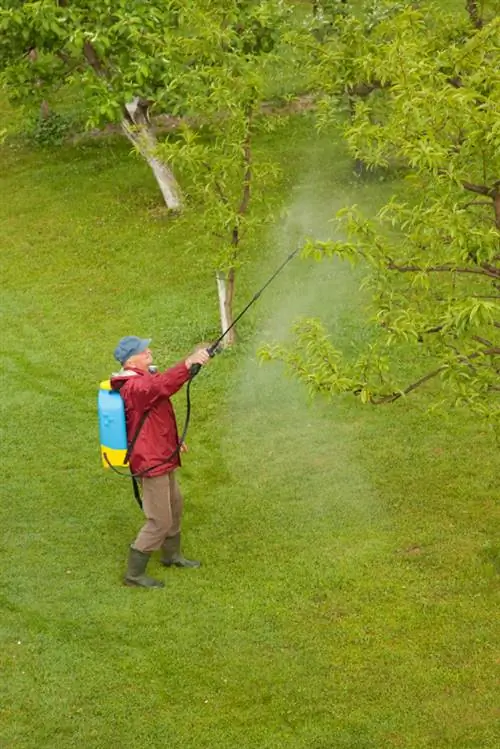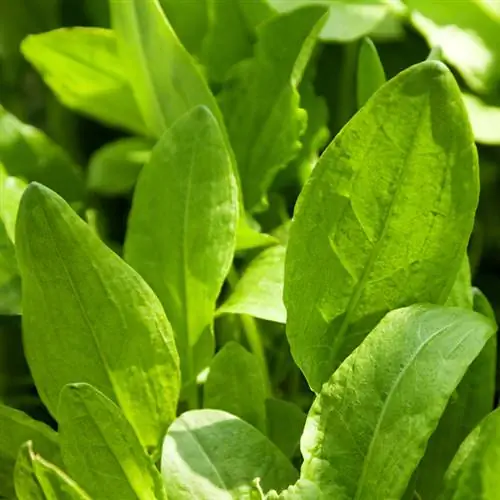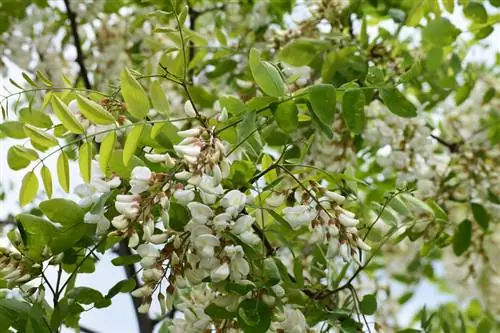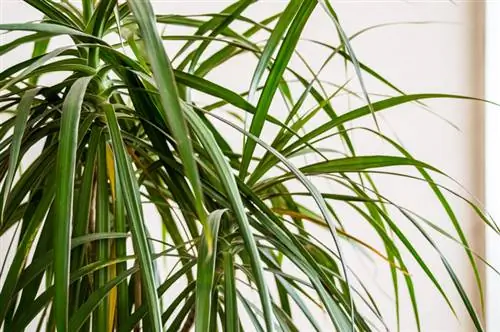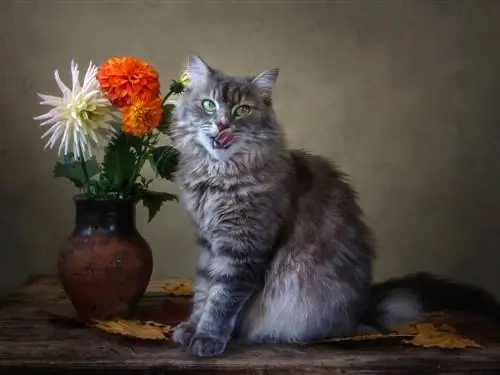- Author admin leonars@hobbygardeners.com.
- Public 2023-12-16 16:46.
- Last modified 2025-01-23 11:20.
As a lover of one or more velvet paws, you probably know it: the cat grass bought especially for the animals is left unattended and the cat prefers to nibble on the house plants instead. Unfortunately, this can be quite dangerous for the purring roommates, because not everything that grows in our apartments is non-toxic. But are the attractive palm trees also among the plants that are poisonous to pets?

Are palm trees poisonous to cats?
Most real palm species, such as the Kentia palm or the Areca palm, are harmless to cats. However, caution is advised with “false” palms such as the yucca palm, Madagascar palm and cycad, as they contain toxic ingredients that can be dangerous for cats.
Most palm trees are non-poisonous
Almost all “real” palm tree species are harmless to cats or are classified as “presumably non-poisonous” because there are no known cases of serious poisoning. Although the grass-like fronds, such as those of the Kentia palm or the Areca palm, are often nibbled on by velvet paws, these plants pose no danger to the cat.
Special case of mountain palm
The mountain palm, which is extremely attractive with its feathery fronds, is often classified as harmless, but cat lovers should avoid this room decoration. It is not the leaves that are poisonous, but rather the yellow flowers, which appear very rarely. To avoid risk, do not place these plants within the reach of the cat.
Be careful with “false” palm trees
Many plants that we call palm trees in German are not real palm trees at all. Among these are some plants that pose a great risk to cats. These are, for example:
- Yucca palm (palm lily): It contains saponins that can cause inflammation and other problems.
- Madagascar palm: The succulent is one of the poisonous plants and should therefore not be placed within the reach of animals.
- Cydactyl: The toxins in these houseplants cause vomiting and bloody diarrhea in cats.
Tip
Keep house cats, the principle applies: Prevention is the best protection. Plants that are not known to contain toxins do not belong in a cat household.


